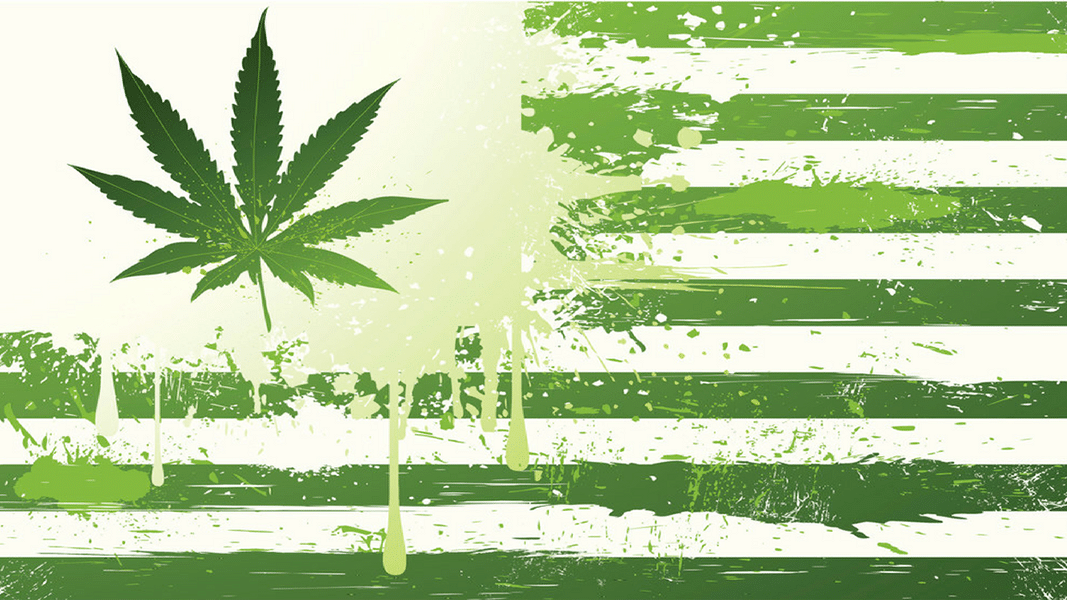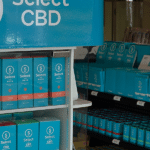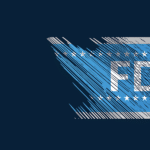The DEA has rained all over the CBD hemp oil parade. After hovering on the sidelines for several years while CBD ecommerce traversed state lines, America’s federal drug police have announced new rules that may portend a crackdown on CBD oil products—be they single molecule formulations or whole plant extracts derived from low-resin industrial hemp or high-resin cannabis.
Many CBD hemp oil entrepreneurs seemed caught off guard. Apparently they believed the fantasy that cannabidiol was legal in all fifty states, a misperception promoted by numerous online businesses.
Project CBD has been debunking the claim that CBD is federally legal for the last seven years. We maintain that CBD’s illegality should be vociferously challenged. We strongly support the legalization of all forms of cannabis — industrial hemp, as well as marijuana—and all components of the plant, including CBD and THC.
But Project CBD has never felt that sticking one’s head in the sand and pretending something is legal is the best way to challenge an unjust law. If one subscribed to the mistaken belief that CBD is legal, then why formulate a coherent strategy to change the law? Now it appears that the ostriches are coming home to roost.
Unfortunately, some CBD hemp oil companies, in their quest for quick profits and market share, have been all too willing to denigrate cannabis (it gets you high—horrors!) and throw the whole plant under the bus. CBD has often been misportrayed as the truly medical part of the plant, while THC has been cast as marijuana’s regrettable recreational component. It’s all malarkey. THC has awesome medical properties, which augment and magnify CBD’s formidable healing potential. Simply put, THC and CBD are the power couple of cannabis therapeutics; they work best together as part of a whole plant configuration. Medical patients should have access to a wide range of cannabis-based remedies, not just low-THC or no-THC options.
The “CBD-only” strategy has failed. Legalizing whole plant cannabis should be the goal—not just one part of the plant. Voice your support for cannabis medicine by insisting that the ENTIRE plant, and all its constituents, be de-scheduled. Our colleagues at Patients Out of Time have launched a petition to de-schedule cannabis. The petition urges President Obama to remove the plant from the list of Controlled Substances. Sign it and pass it around far and wide!
As it stands, single-molecule THC (Marinol) is already a legally prescribed medication in all fifty states, and soon CBD will also be federally approved as a legal single-molecule pharmaceutical. But whole plant CBD-rich and THC-rich cannabis will remain federally illegal for the foreseeable future. That’s absurd—and it’s a terrible situation for millions of people who could benefit from cannabis therapeutics.
It’s unclear to what extent the DEA will follow through on its threat to move against businesses that manufacture cannabis oil products. For the moment, it would appear that cannabis oil companies that operate in compliance with state medical marijuana laws will stand a better chance of withstanding a federal assault—at least initially. The Rohrbacher Amendment, which must be renewed by Congress in April 2017, explicitly prohibits the Justice Department from using federal funds to undermine state medical marijuana laws.
To reiterate: In the United States, CBD is classified as a Schedule 1 Drug, whether derived from industrial hemp or marijuana. This has always been the case since the passage of the Controlled Substances Act in 1970. The 2014 Farm Bill defined industrial hemp as distinct from marijuana (any cannabis with 0.3 percent THC or less is considered hemp as opposed to marijuana). But the Farm Bill did not actually legalize industrial hemp. It did, however, carve out a temporary exemption from the Controlled Substances Act for certified hemp farmers and producers in states that have legalized industrial hemp with the proviso that their efforts must be linked to a state university research program.
The pretzel logicians at the DEA recently issued a three-page “clarifying” document on cannabis oil products, including CBD-rich extracts, entitled “Establishment of a New Drug Code for Marihuana Extract.” The document asserts: “The DEA has previously established separate code numbers for marihuana and for tetrahydrocannabinols, but not for marihuana extract. To better track these materials and comply with treaty provisions, DEA is creating a separate code number for marihuana extract with the following definition: ‘Meaning an extract containing one or more cannabinoids that has been derived from any plant of the genus Cannabis, other than the separated resin (whether crude or purified) obtained from the plant.’”
This so-called clarification follows the FDA’s assertion that it has not approved CBD as a dietary or health supplement. All cannabinoids, whether psychoactive or not, are scheduled. This is the FDA’s policy statement on CBD:
Can products that contain cannabidiol be sold as dietary supplements?
No. Based on available evidence, FDA has concluded that cannabidiol products are excluded from the dietary supplement definition under section 201(ff)(3)(B)(ii) of the FD&C Act. Under that provision, if a substance (such as cannabidiol) has been authorized for investigation as a new drug for which substantial clinical investigations have been instituted and for which the existence of such investigations has been made public, then products containing that substance are outside the definition of a dietary supplement. FDA considers a substance to be “authorized for investigation as a new drug” if it is the subject of an Investigational New Drug application (IND) that has gone into effect. Under FDA’s regulations (21 CFR 312.2), unless a clinical investigation meets the limited criteria in that regulation, an IND is required for all clinical investigations of products that are subject to section 505 of the FD&C Act.
There is an exception to section 201(ff)(3)(B)(ii) if the substance was “marketed as” a dietary supplement or as a conventional food before the new drug investigations were authorized. However, based on available evidence, FDA has concluded that this is not the case for cannabidiol. For more information on this provision, including an explanation of the phrase “marketed as,” see Draft Guidance for Industry: Dietary Supplements: New Dietary Ingredient Notifications and Related Issues.
The FDA is not aware of any evidence that would call into question its current conclusion that cannabidiol products are excluded from the dietary supplement definition under section 201(ff)(3)(B)(ii) of the FD&C Act. Interested parties may present the agency with any evidence that they think has bearing on this issue.
Is it legal, in interstate commerce, to sell a food to which cannabidiol has been added?
No. Under section 301(ll) of the FD&C Act, it is prohibited to introduce or deliver for introduction into interstate commerce any food (including any animal food or feed) to which has been added a drug for which substantial clinical investigations have been instituted and for which the existence of such investigations has been made public. There are exceptions, including when the drug was marketed in food before any substantial clinical investigations involving the drug had been instituted or, in the case of animal feed, that the drug is a new animal drug approved for use in feed and used according to the approved labeling. However, based on available evidence, FDA has concluded that none of these is the case for cannabidiol. FDA has therefore concluded that it is a prohibited act to introduce or deliver for introduction into interstate commerce any food (including any animal food or feed) to which cannabidiol has been added. FDA is not aware of any evidence that would call into question this conclusion. Interested parties may present the agency with any evidence that they think has bearing on this issue.
Martin A. Lee is the director of Project CBD. He’s authored and edited several books, including Smoke Signals, Acid Dreams, and The Essential Guide to CBD. © Copyright, Project CBD. May not be reprinted without permission.







